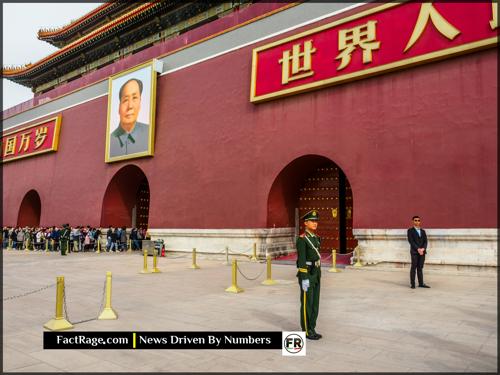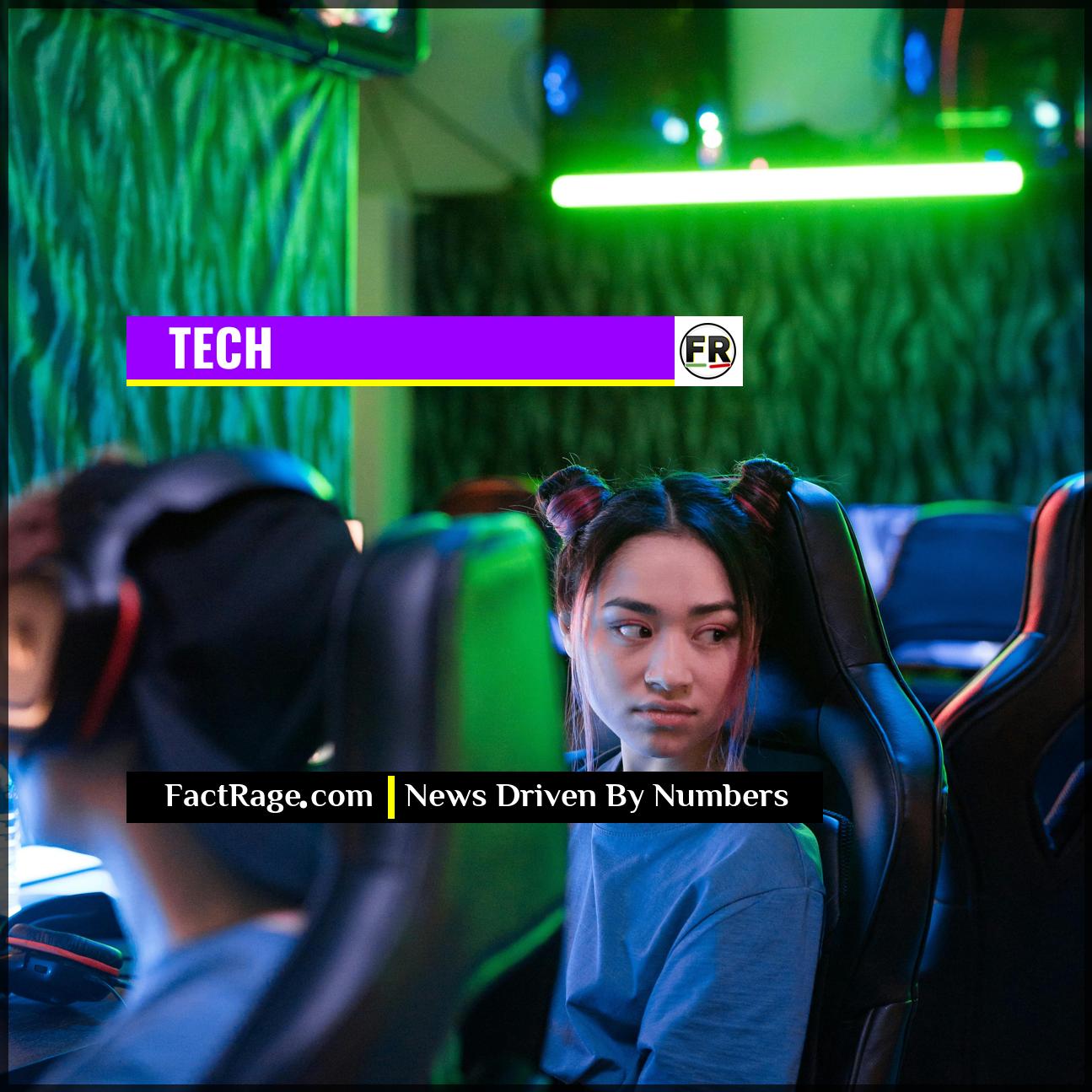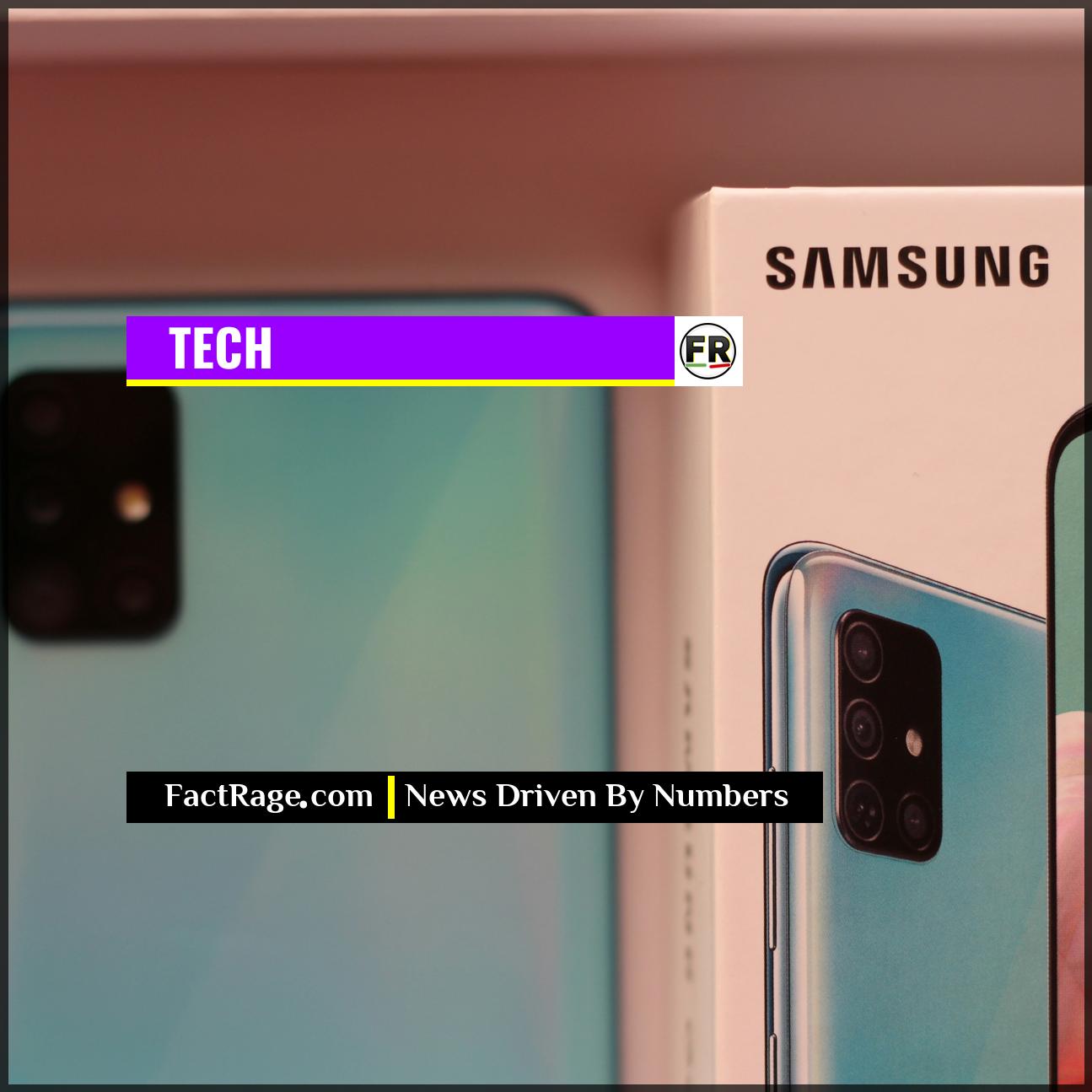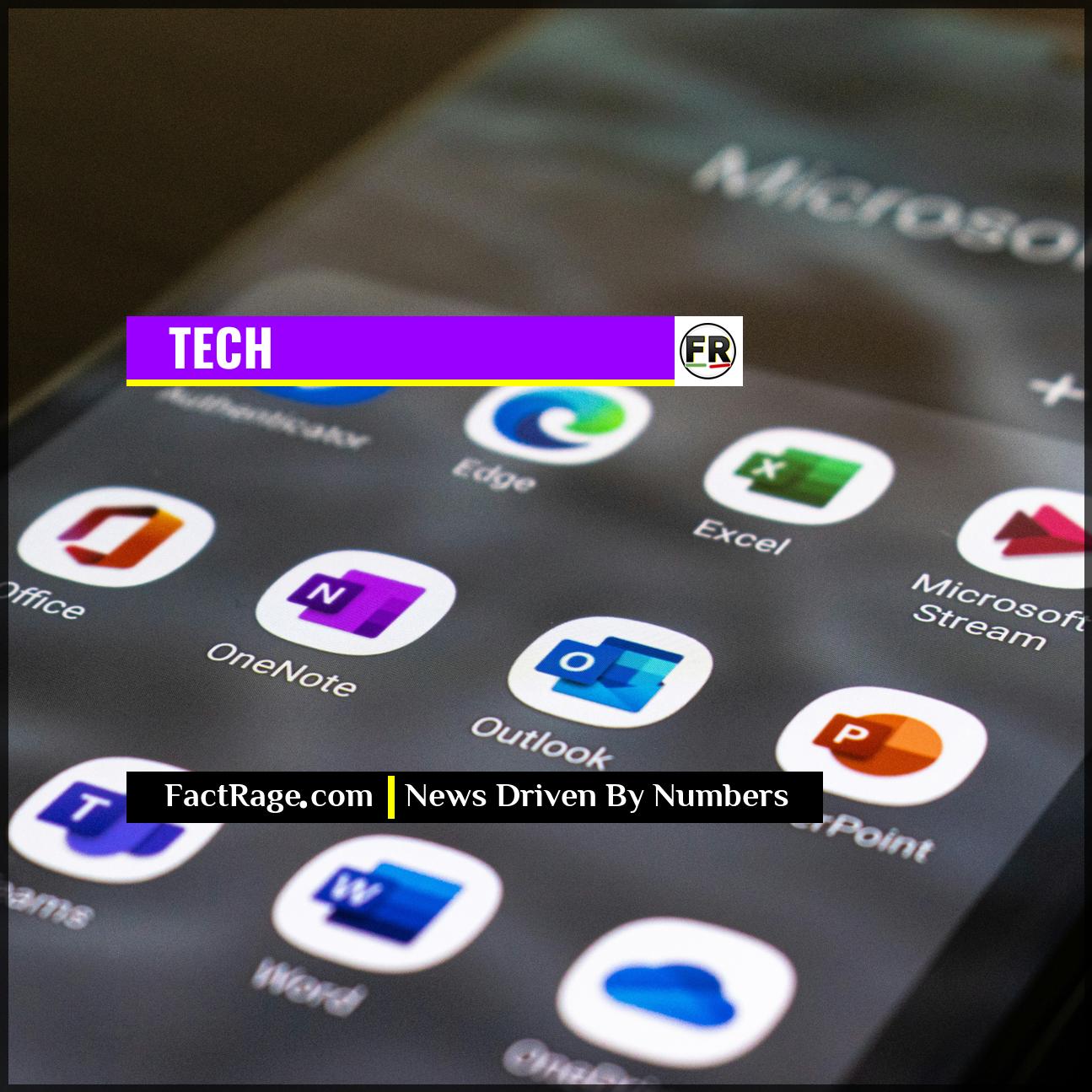WASHINGTON, DC – As the United States and China prepare for critical trade negotiations on July 14, a FactRage investigation reveals that corporate lobbying expenditures aimed at influencing the outcome have surpassed records set during the 2018-2020 trade war.
- Record Lobbying Spending – Lobbying disclosure records show a combined $150 million spent in the last two quarters by U.S. tech, agriculture, and manufacturing sectors to influence American trade policy related to China.
- Conflicting Industry Demands – The Semiconductor Industry Association and tech giants are pushing for reduced tariffs on components, while the American Soybean Association seeks market access, creating conflicting pressures on U.S. negotiators.
- Parallel Influence in Beijing – Though less transparent, analysis of state-affiliated reports indicates parallel influence campaigns in China are being driven by state-owned enterprises in the electric vehicle and renewable energy sectors to protect domestic industries.
While official diplomatic statements emphasize national interests and security, financial disclosures and insider reports paint a more complex picture of the powerful private interests shaping the agendas on both sides of the negotiating table.
The Ledger of Influence
![]() Before diplomats exchange their first words, a financial campaign is already underway. Public records document a sum of $150 million spent to shape the outcome of these trade talks. This data provides a clear ledger of the corporate interests at play, revealing what they seek to gain or protect long before any final deal is announced.
Before diplomats exchange their first words, a financial campaign is already underway. Public records document a sum of $150 million spent to shape the outcome of these trade talks. This data provides a clear ledger of the corporate interests at play, revealing what they seek to gain or protect long before any final deal is announced.
How Tech Giants Are Spending Millions to Shape Tariff Policy

Lobbying data filed with the U.S. Congress shows a significant surge in spending from the technology sector. The Semiconductor Industry Association (SIA), which represents companies like Intel and Qualcomm, reported spending over $25 million in the first half of 2025. Their primary objective, according to public statements and lobbying filings, is to prevent a new round of tariffs on microchips and other electronic components sourced from or assembled in China.
Consumer electronics companies have also ramped up their efforts. Apple, with its deep manufacturing ties to China, has spent nearly $10 million on lobbying efforts this year, with a focus on “international trade and supply chain security.” The central question for these firms is whether they can protect their intricate, cost-effective global supply chains from the disruptions of a renewed trade conflict. Their spending is aimed at ensuring the answer is yes.
Why Agriculture and Manufacturing Have Opposing Demands
The unified front seen in the tech sector splinters when examining other key areas of the U.S. economy. Agricultural groups, led by the American Soybean Association and the National Pork Producers Council, are advocating for de-escalation. Their lobbying efforts, totaling a combined $18 million, are focused on removing retaliatory tariffs imposed by China that have historically crippled U.S. farm exports. For them, a successful negotiation means regaining full access to China’s massive consumer market.
In contrast, a segment of the domestic manufacturing industry, represented by groups like the Alliance for American Manufacturing, is pushing for a more protectionist stance. Their concern is competition from Chinese goods, particularly in steel, automotive parts, and heavy machinery. Companies like Caterpillar have complex positions, desiring access to Chinese markets for sales while facing stiff competition from Chinese manufacturers like SANY. This fundamental conflict presents U.S. negotiators with a difficult balancing act: whose economic interests should be prioritized?
What Leaked Memos Suggest About Beijing’s Priorities
Direct lobbying is not a feature of China’s one-party political system, but corporate and state influence is just as intense. Analysis of reports from state-backed think tanks and translated excerpts from policy memos reviewed by FactRage show a coordinated push to protect strategic industries. The China Association of Automobile Manufacturers is reportedly advocating for policies that shield its rapidly growing electric vehicle market, which includes giants like BYD Company.
Similarly, state-owned energy firms are focused on maintaining China’s global dominance in solar panel and wind turbine production. Their goal is to head off potential U.S. tariffs or sanctions aimed at these sectors under the guise of national security or unfair competition. The influence campaigns in Beijing, while structured differently, mirror the U.S. in their ultimate goal: using state power to secure a specific economic outcome for powerful domestic players. The final agreement, if one is reached, will be a testament not just to diplomatic skill, but to which of these powerful factions proved most influential.
The Equation of Influence
![]() As the July 14 summit approaches, the official pronouncements from Washington and Beijing will speak of national security and economic stability. Yet the data reveals a more complex political equation, one heavily weighted by a record $150 million in corporate lobbying from competing domestic interests. The final terms of any trade agreement will therefore be a measure not only of diplomatic success, but of which financial stakeholders wielded the most decisive influence behind closed doors. Ultimately, the outcome will provide a clear ledger of whose interests were truly prioritized.
As the July 14 summit approaches, the official pronouncements from Washington and Beijing will speak of national security and economic stability. Yet the data reveals a more complex political equation, one heavily weighted by a record $150 million in corporate lobbying from competing domestic interests. The final terms of any trade agreement will therefore be a measure not only of diplomatic success, but of which financial stakeholders wielded the most decisive influence behind closed doors. Ultimately, the outcome will provide a clear ledger of whose interests were truly prioritized.














